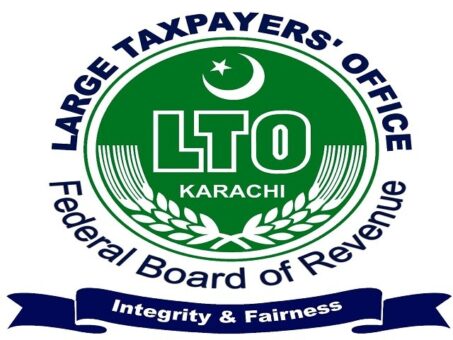KARACHI, July 1, 2025 — In a groundbreaking fiscal triumph, the Large Taxpayers Office (LTO) Karachi has shattered all previous records by amassing an unprecedented Rs3.27 trillion in tax collection during the financial year 2024–25 — a feat that is being hailed as a watershed moment in Pakistan’s taxation history.
According to provisional figures, LTO Karachi’s collection soared by a staggering 29% compared to last year’s Rs2.52 trillion. But the historic milestone didn’t stop there. On June 30, 2025 alone, the LTO Karachi pulled off an extraordinary Rs185 billion single-day collection, powering its monthly tally for June to a jaw-dropping Rs450 billion — a 49% spike over the Rs303 billion recorded in June 2024.
Often dubbed the “mini-FBR,” LTO Karachi has solidified its status as the federal government’s premier revenue authority. Tasked with taxing the country’s corporate giants, it now operates as the powerhouse driving national fiscal ambitions. With this year’s landmark collection, LTO Karachi is not just raising revenue — it’s setting new rules in fiscal dominance.
The detailed breakdown shows stellar performance across all segments. Income tax collection skyrocketed by 32%, reaching Rs1.80 trillion — up from Rs1.36 trillion last year. Sales tax collection wasn’t far behind, climbing 21% to Rs1.24 trillion, while federal excise duty (FED) surged an astonishing 63% to Rs222 billion, compared to Rs136 billion in 2023–24.
Even after disbursing Rs86 billion in refunds under income and sales tax, the net collection remains a towering achievement, signaling efficient administration and proactive enforcement.
But beyond the eye-popping numbers lies a deeper transformation. LTO Karachi is no longer just a tax department — it’s a fiscal force of nature, rewriting the narrative around tax compliance in Pakistan. With its aggressive audits, cutting-edge data analytics, and unrelenting pursuit of high-value taxpayers, the LTO is reshaping the national revenue landscape.
Officials believe this historic collection will set the tone for future policy, elevate investor confidence, and anchor Pakistan’s long-term economic stability.
